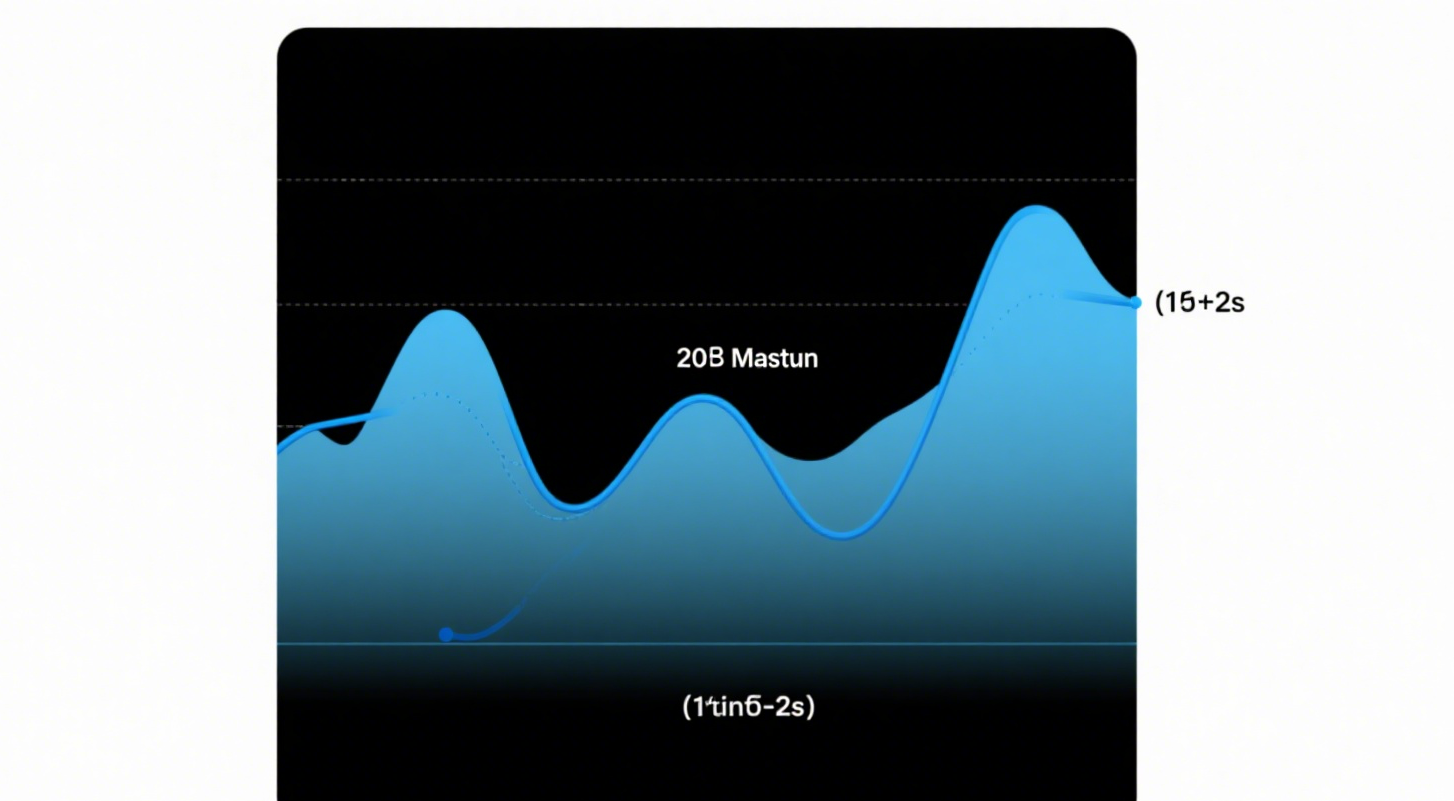
Can Milan + Malpass "Shake Up the Fed"?
In any case, Trump's radical move to openly dismiss Cook reflects that he and his allies are vigorously pushing to strengthen control over the independent central bank.
Since returning to the White House in January this year, Trump has repeatedly criticized Federal Reserve Chairman Powell for his reluctance to cut interest rates, demanded his resignation, and threatened to attempt to fire him. He has also accused Powell of mismanaging the costly renovation project at the Fed's Washington headquarters.
If Trump ultimately succeeds in replacing Cook with his ally, the majority of seats on the Federal Reserve Board will be entirely occupied by Trump's appointees. Currently, two sitting Fed governors, Bowman and Waller, both nominated by Trump during his first term, have expressed support for the Fed to cut interest rates as soon as possible.
In fact, if Milan and Malpass, as recently disclosed by industry insiders, do indeed join forces and make their way onto the Federal Reserve Board, the Fed could indeed face a "major earthquake."
Cailian Press has previously provided an in-depth introduction to Milan, this "tough guy." The chief architect of the "Mar-a-Lago Agreement" has in recent years suggested that comprehensive legislative reforms should be implemented for the Fed's governance system, arguing that the current framework fails to ensure political neutrality. Milan proposed a series of structural changes at the time, including:
All Fed meeting attendees (including Fed governors and regional Fed presidents) should be allowed to vote at every Fed meeting—rather than only some regional Fed presidents having voting rights (which rotate annually) as is currently the case.
State governors should gain control over the local supervisory committees that select regional Fed presidents.
All senior Fed officials—including Fed governors and regional Fed presidents—should be subject to dismissal at will by the White House. Specifically, Fed governors should no longer enjoy 14-year terms and protection from removal after appointment. Instead, their terms should be shortened to eight years, and they should be removable at the president's discretion.
















